Join our team
Embark on an exciting journey towards automotive innovation and professional growth with our graduate scheme.
Embark on an exciting journey towards automotive innovation and professional growth with our global graduate programme, where you'll accelerate your career in a dynamic industry, surrounded by cutting-edge technology, expert mentorship, and unparalleled opportunities to drive your passion for automotive excellence to new horizons.
Why should I join Ricardo?
What benefits would I gain?
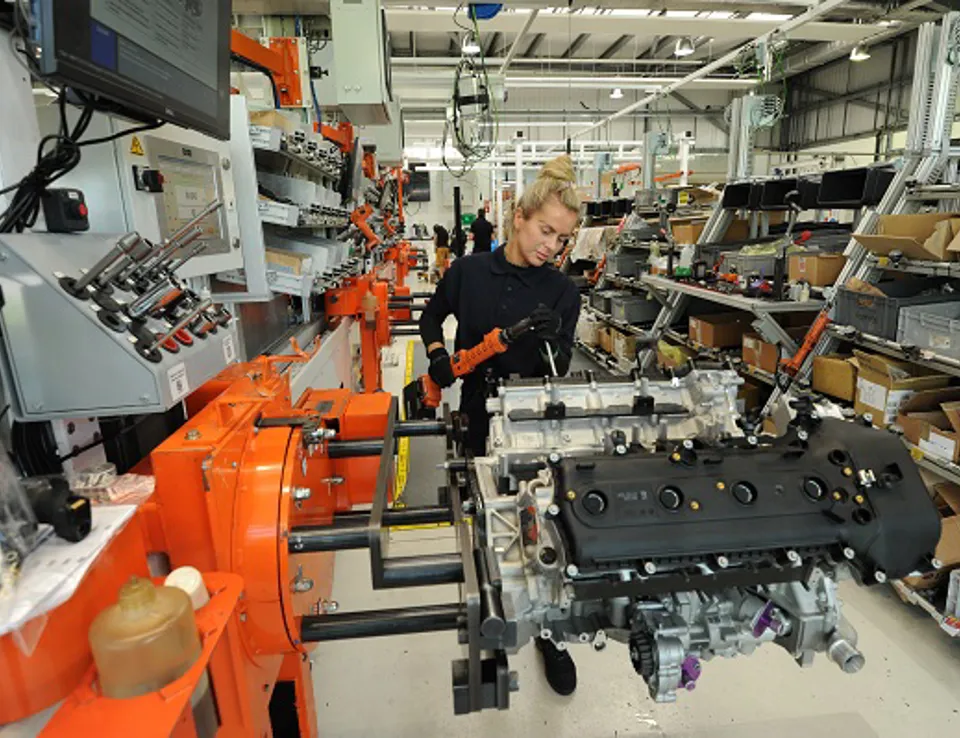
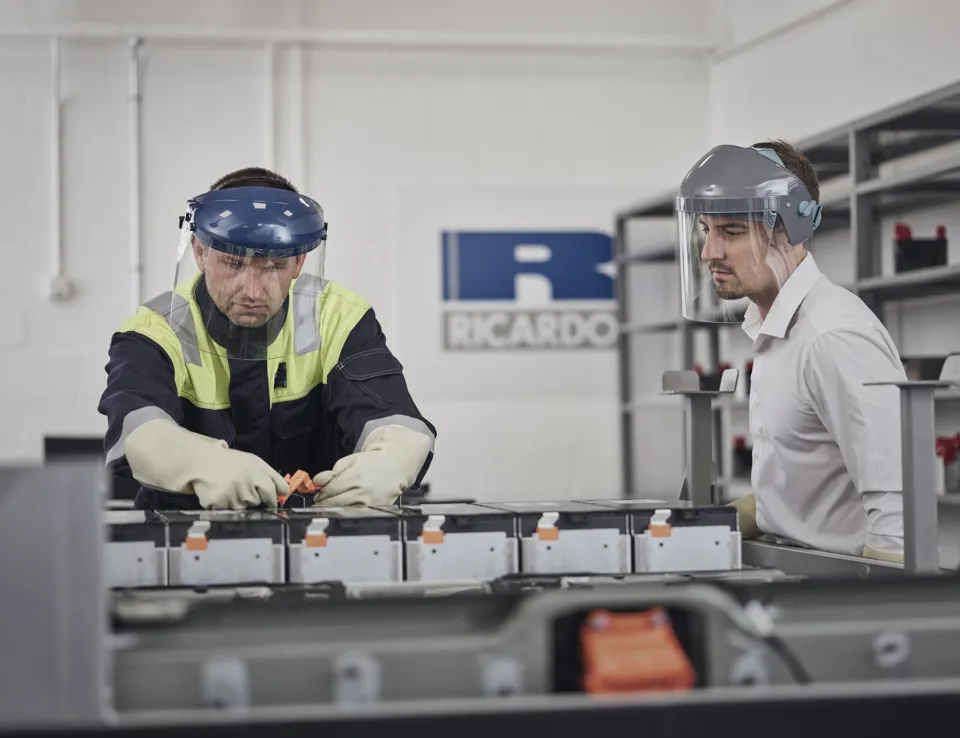
· Mechanical engineering – use your skills in mechanical, automotive, mechatronic, aerospace engineering or manufacturing to consult with our clients to come up with innovative solutions to their requirements. You will be applying your specialist knowledge to a broad range of market sectors including passenger car, commercial vehicles, aerospace defence and maritime.
· Embedded software and controls – apply your specialist knowledge to a broad range of market sectors including passenger car, off-highway, and aerospace. Projects that you could be working on include development of battery electric vehicle and fuel cell systems.
· Electrification – use your knowledge in electrical, electronic, automotive, mechatronic, aerospace, mechanical, or software engineering to consult with our clients to come up with innovative solutions to their electrification challenges.
We optimise all aspects of powertrain and vehicle attribute performance, including power/torque, emissions, fuel consumption, noise vibration and harshness and thermal performance. Typical activities include benchmarking of vehicles and powertrains, alternative powertrain studies, fuel cell balance of plant optimisation, concept simulation and attribute test.
In the propulsion control team we develop, implement and test control algorithms for: engines, hybrid vehicles, electric vehicles, and unusual applications. We study in-detail the fundamental behaviours of dynamic systems to be controlled, then use our knowledge to create effective and efficient controllers for them.
We lead testing, development and validation on a variety of engine, transmissions, hybrid, electric vehicle and fuel cell mobility solutions. This covers whole systems, components to meet durability, functional and reliability targets, through rig, dynamometer and vehicle testing. Applications range across automotive, marine, power generation, rail, military and aviation industries.
We cover the key pillars of electrification: electronics, emachines/epowertrain, battery and fuel cell. Our group develops the electronic designs for the latest motor drive inverter technologies including SiC and GaN based inverters. Large complex projects in electronics are our specialty so we ensure we have good depth in power electronics, electronics systems and control electronics engineering.
We develop embedded control software for various types of vehicle management systems. The strong progression of new technologies in the industry such as electric and hybrid vehicles, autonomous driving and increasing interactions with the driver and vehicle environment means that our focus is usually at the forefront of these exciting technologies. Development is both at the model-level using the MATLAB/Simulink toolchain and at a hand-code level with C code. Project involvement is across the full lifecycle.
We develop the noise, vibration and harshness of all of the products that Ricardo designs, from target setting (how we want the product to sound or feel), developing in simulation through to finally testing and validating the sound quality or vibration performance. The majority of our work is on electric machines and their gearboxes for road vehicle applications.
We deploy a systems engineering approach to achieve more successful outcomes on complex projects. Typical projects could see you being involved in vehicle functional architecture definition, connected and autonomous vehicle (CAV) development and other interesting and challenging projects in automotive, commercial vehicle, marine or aerospace sectors. These include the integration of novel propulsion systems, such as hydrogen fuel cells, the application of functional safety or a cyber security approach.
In the propulsion calibration department we cover everything relating to the settings used in engine, transmission, powertrain and hybrid control units. Typical activities include calibration of powertrain and vehicle software to meet latest emissions legislation.
Design is responsible for the design of all automotive and propulsion system products including engines, driveline and transmissions, vehicle systems, battery systems and electric motors. Typical projects range from multi-phase, clean-sheet product design to design reviews and design solutions to solve specific issues.
Supports the design, development and optimisation of propulsion systems and related technologies. Activities includes the simulation and analysis of both electrified and combustion engine powertrains from individual components through to full vehicle simulation and fleet performance.
We develop power electronic devices like motor inverters and battery chargers, as well as control units for various systems including battery management and transmission control. This covers the full development cycle from initial functional specification, through detailed circuit design to release for production and test.
We are focused on all the vehicles belonging to the L-category and powersport: mopeds, scooter, motorcycle, three-wheelers, light four wheeler, snowmobile, jet-ski, quad and side-by-side. Our team combines all the disciplines working together in close collaboration and in a lean manner. The team comprises: style and industrial design, propulsion design (internal combustion engine, battery electric vehicle, or hybrid), vehicle design, analysis, electric/electronic, proto build, testing and validation, industrialisation.
We optimise all aspects of powertrain (including fuel cell, battery electric and hybrid) performance: power/energy delivery, emissions and energy/fuel consumption. Typical activities include: benchmarking of vehicles and powertrains, systems analysis and screening, performance and emissions upgrades through combustion, boost, after-treatment and fuel system research and development.
From a single bolt to a full vehicle, our test operations support our customers with all aspects of build and test from single components to complex systems and work with global authorities to complete homologation and robustness testing of products following development. Our testing capabilities span across all areas of propulsion with flexible powertrain test cells including hydrogen, fuel cell, climatic, altitude and multi-axis PTR, electrified driveline and emachine rigs, vehicle test chambers and trusted partners for battery testing.
Graduate stories:

Graduates join Ricardo in October or March each year.
For any enquiries, please get in touch with us: graduates@ricardo.com
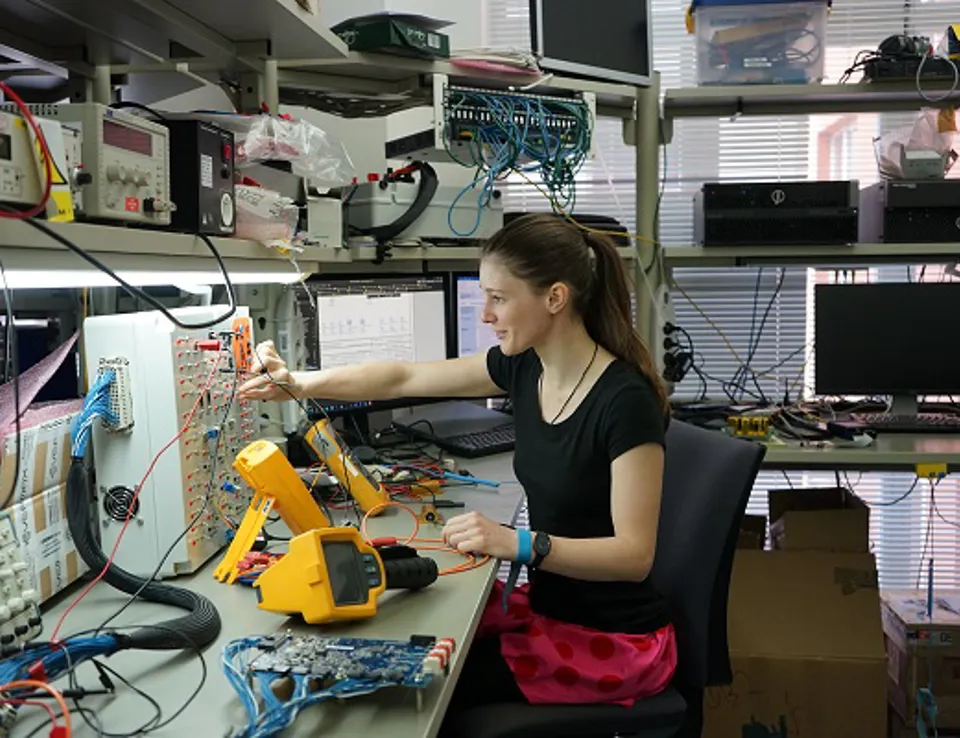
Graduates join Ricardo in the Autumn each year and recruitment starts the preceding December/January.
For any enquiries, please get in touch with us: graduates@ricardo.com
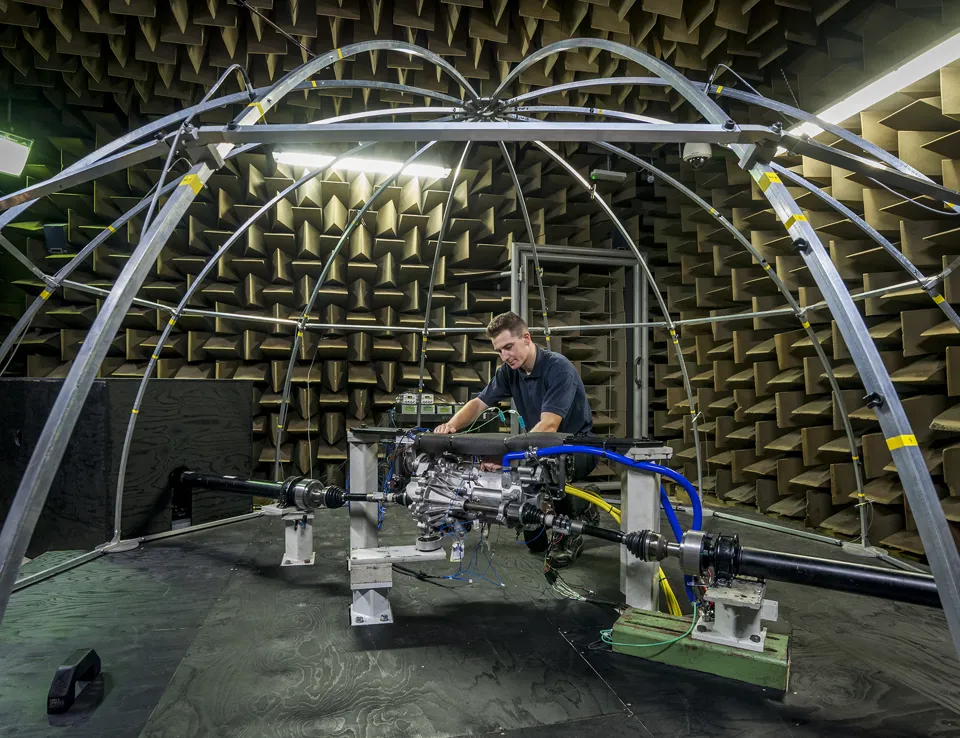
Graduates join Ricardo September to November each year.
For any enquiries, please contact: radek.palecek@ricardo.com
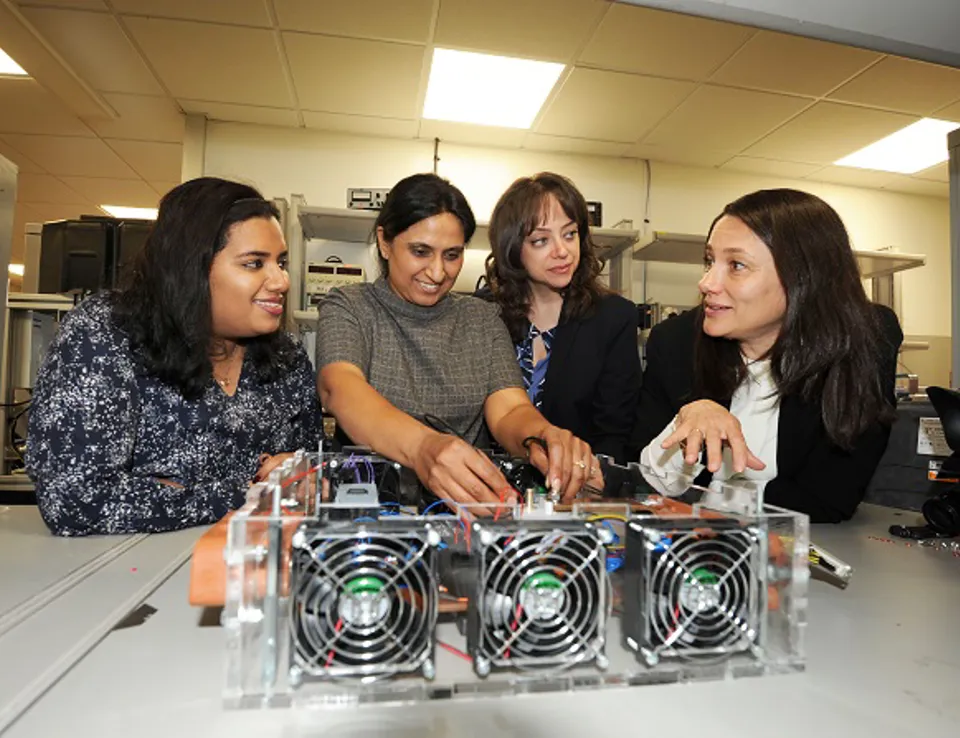
Graduates typically join Ricardo between April or July/August.
For any enquiries, please get in touch with us: graduates@ricardo.com
Embark on an exciting journey towards automotive innovation and professional growth with our graduate scheme.
